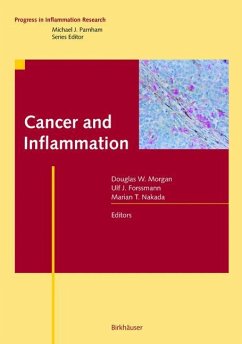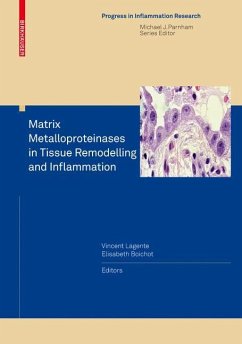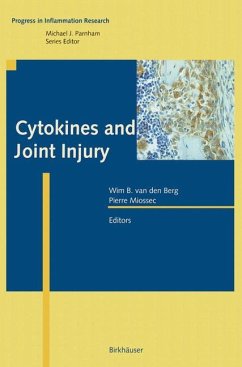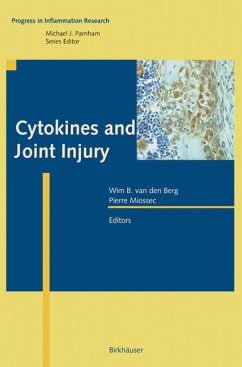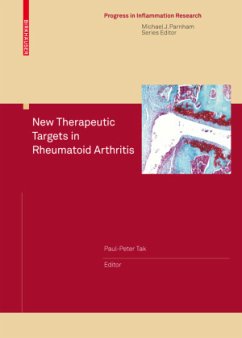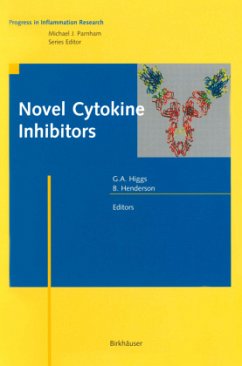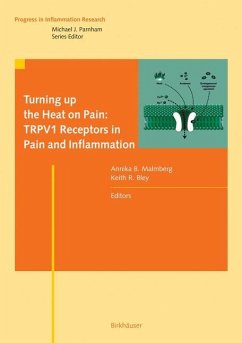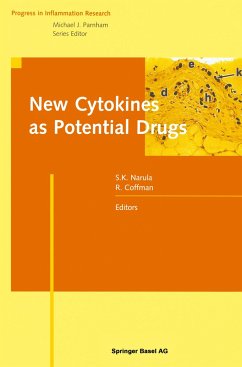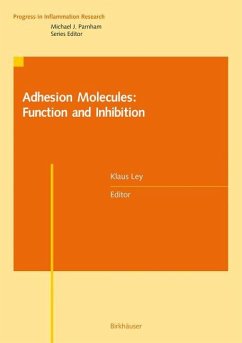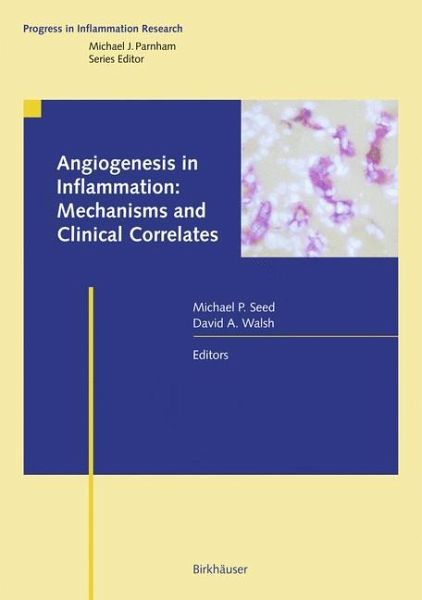
Angiogenesis in Inflammation: Mechanisms and Clinical Correlates

PAYBACK Punkte
57 °P sammeln!
Angiogenesis is an essential component of inflammation and its resolution. Traditionally, mechanisms of angiogenesis in inflammation were inferred from tumour angiogenesis. However, research in recent years has extracted the similarities and dissimilarities between these processes.This volume shows how the lessons learned from tumour biology have been applied to inflammation. It develops current knowledge on molecular and cellular mechanisms as they relate to inflammation, including acute and chronic inflammation and neurogenic inflammation, It explains the roles of the multiple cellular compo...
Angiogenesis is an essential component of inflammation and its resolution. Traditionally, mechanisms of angiogenesis in inflammation were inferred from tumour angiogenesis. However, research in recent years has extracted the similarities and dissimilarities between these processes.
This volume shows how the lessons learned from tumour biology have been applied to inflammation. It develops current knowledge on molecular and cellular mechanisms as they relate to inflammation, including acute and chronic inflammation and neurogenic inflammation, It explains the roles of the multiple cellular components of inflammation, such as fibroblasts, dendritic cells and lymphocytes.
The book shows how this knowledge is being used in the discovery of novel therapeutics. It brings together experts in each of these fields to link the molecular and cellular processes in angiogenesis to those of inflammation and human disease.
This volume shows how the lessons learned from tumour biology have been applied to inflammation. It develops current knowledge on molecular and cellular mechanisms as they relate to inflammation, including acute and chronic inflammation and neurogenic inflammation, It explains the roles of the multiple cellular components of inflammation, such as fibroblasts, dendritic cells and lymphocytes.
The book shows how this knowledge is being used in the discovery of novel therapeutics. It brings together experts in each of these fields to link the molecular and cellular processes in angiogenesis to those of inflammation and human disease.




